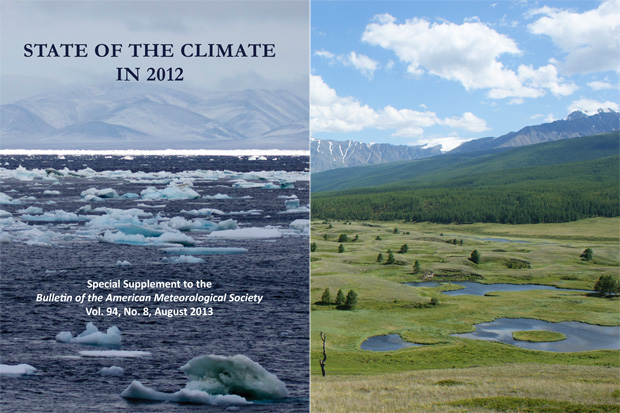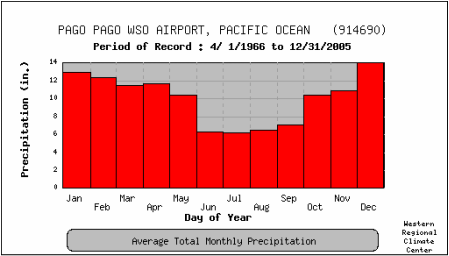The Earth’s climate system is complex, encompassing a myriad of interactions between the atmosphere, oceans, land, and living organisms. It is imperative to understand why climate is vital for maintaining Earth’s balance. This exploration entails examining the fundamental elements of climate, its influence on ecosystems, its role in human society, and the fundamental need for climate stewardship in striving for ecological harmony.
At its core, climate is defined as the long-term patterns of temperature, humidity, wind, and precipitation that characterize a particular region. This differential climate across diverse geographical locales creates a tapestry of ecosystems, each adapted to their specific environmental conditions. From the frigid tundras of the Arctic to the lush rainforests of the Amazon, climate dictates the flora and fauna that flourish within these ecosystems. The interdependence between climate and biodiversity cannot be overstated; each species plays a pivotal role in its habitat, and disruptions to climate can lead to cascading effects throughout the ecological hierarchy.
One of the most crucial aspects of climate is its influence on global weather patterns. Persistent changes in climate contribute to phenomena such as droughts, floods, and hurricanes, which are manifestations of extreme weather. The increasing frequency and intensity of such events can be partially attributed to anthropogenic climate change. As human activities such as deforestation, fossil fuel combustion, and industrial agriculture release greenhouse gases into the atmosphere, they exacerbate the natural greenhouse effect, leading to higher overall temperatures. This warming impacts the distribution of weather patterns, with implications for agriculture, water availability, and food security.
Climate also serves as an essential barometer for human health. Changes in climate can alter the distribution of vectors of diseases, such as mosquitoes, leading to outbreaks of ailments like malaria and dengue fever in regions where they were previously uncommon. Moreover, air quality can be adversely affected by increased temperatures, resulting in greater instances of respiratory illnesses. By fully grasping the intricate relationship between climate and public health, society can work towards more resilient health systems and preventative measures rather than reactive solutions.
The social and economic implications of climate change are profound. In regions already grappling with socioeconomic issues, the additional pressures of a changing climate can be unbearable. For instance, smallholder farmers who rely on predictable weather patterns for their crops face the dire consequences of shifting climates, threatening their livelihoods and food sovereignty. Wealth disparities often exacerbate vulnerability; those who contribute least to greenhouse gas emissions often incur the heaviest burdens from climate impacts. It is a profound injustice, underscoring the urgent need for equitable climate action and policies that prioritize the most affected communities.
As we delve deeper into the consequences of climate change, it becomes evident that the phenomenon also fuels global migration patterns. People are increasingly displaced by climate-related disasters or the gradual degradation of their habitats, such as rising sea levels and desertification. This leads to “climate refugees” who seek stability and security in new lands, often facing hostility and discrimination. The intersectionality of climate change with human rights issues foregrounds the necessity for comprehensive and compassionate policies to support those affected by climate-induced displacement.
In addition to the immediate consequences of climate change, its long-term implications are equally concerning. The melting of polar ice caps and glaciers contributes to rising sea levels, endangering coastal communities around the world. An increased concentration of carbon dioxide in the oceans leads to ocean acidification, which threatens marine biodiversity and the health of coral reefs. These foundational elements are not merely concerns for environmentalists; they are intertwined with global economies, food systems, and cultural heritage. The fisheries that local communities depend upon, the agriculture that sustains nations, and even the tourism industries that attract millions hinge on a stable climate.
Climate balance is also integral to the Earth’s carbon and water cycles. Trees and other vegetation act as significant carbon sinks, absorbing CO2 from the atmosphere. Deforestation, therefore, is not merely an environmental issue—it disrupts carbon storage, exacerbating climate change. Similarly, ecosystems like wetlands and grasslands play critical roles in maintaining hydrological balance, influencing groundwater recharge, and regulating surface water flow. Protecting these ecosystems is paramount to maintaining climate equilibrium, as they serve as natural buffers against the effects of climate extremes.
To address the myriad challenges posed by climate change, concerted action at both the individual and collective levels is imperative. Sustainable practices such as responsible consumption, renewable energy usage, and conservation of natural habitats can yield significant benefits. Educating individuals and communities about the importance of climate stewardship fosters a culture of accountability and proactive change. Grassroots movements and indigenous knowledge systems should also be harnessed to formulate holistic approaches to climate action that respect the land and its resources.
In conclusion, the importance of climate in maintaining Earth’s balance is undeniable. It influences ecosystems, public health, societal structure, economic viability, and human rights. Understanding and mitigating the impacts of climate change is not merely an environmental endeavor, but an ethical obligation. Through collaborative efforts, informed policies, and a commitment to conservation, it is possible to restore Earth’s balance and ensure a livable future for generations to come. The urgency cannot be overstated; the time for action is now.








